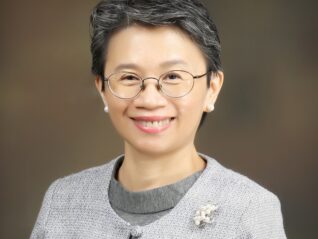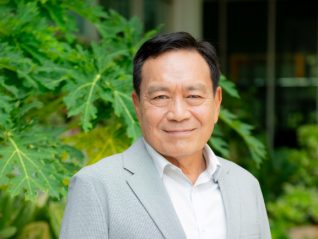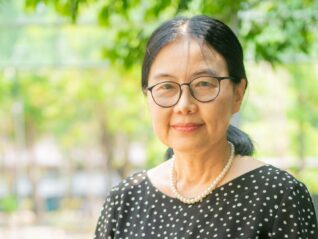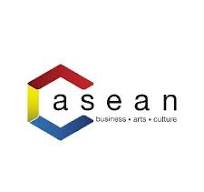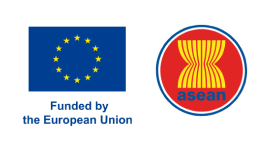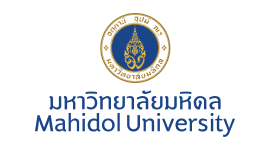Since then, Thailand has been working closely with all ASEAN Member States and external partners to promote complementarities between the ASEAN Community Vision 2025 and the UN 2030 Agenda for Sustainable Development, or also known as the “Complementarities Initiative”.
To provide a framework for cooperation under the Complementarities Initiative, Thailand, UN ESCAP and the ASEAN Secretariat jointly developed the Complementarities Report which identified five priority areas of regional cross-cutting development catalysts.
The Report also recommended flagship projects, including the establishment of the ASEAN Centre for Sustainable Development Studies and Dialogue (ACSDSD) to drive forward sustainable development cooperation in ASEAN, building on the Complementarities Initiative.
The idea of establishing the ACSDSD has received full support from ASEAN as reflected in the ASEAN Leaders’ Vision for a Resilient and Innovative ASEAN adopted at the 32nd ASEAN Summit in Singapore in 2018. The Leaders’ Vision emphasized the need to enhance cooperation in sustainable development to promote the Complementarities Initiative through feasible projects including exploring a platform for dialogue and studies on sustainable development within ASEAN.
To carry forward this endeavor, Thailand developed the Concept Note – Terms of Reference to define the objectives and structure of the Centre. The said document was noted by the 33rd ASEAN Summit in Singapore in 2018.
According to the Concept Note – Terms of Reference, the objectives of the ACSDSD are two-fold. First is to promote research and capacity building on sustainable development. Second is to serve as a platform for policy dialogue for ASEAN Member States, and between ASEAN and its external partners. It will also develop networks of cooperation amongst existing centers within ASEAN that deal with sustainable development.
The ACSDSD will also provide institutional support to coordinate the implementation of the Complementarities Roadmap, which will serve as a guide for all ASEAN Members States in further advancing the Complementarities Initiative.


